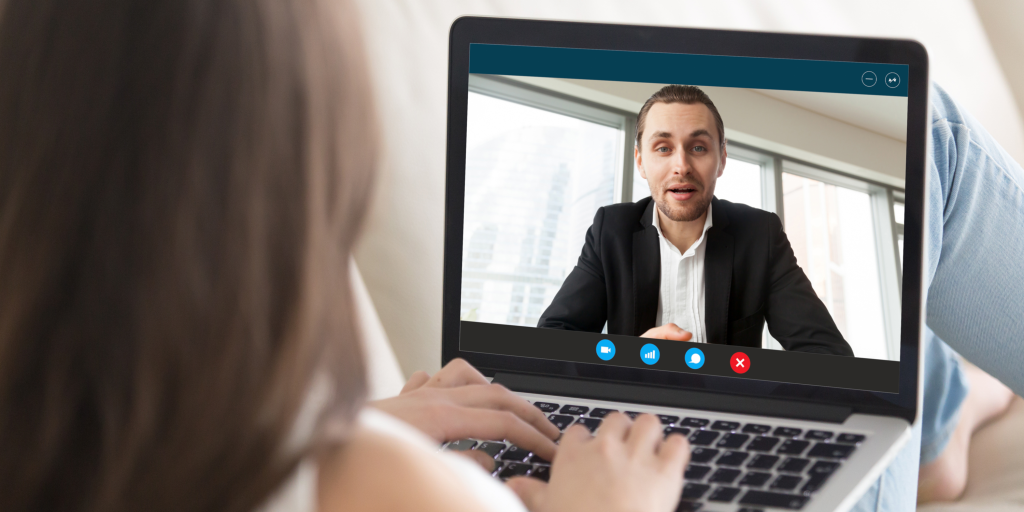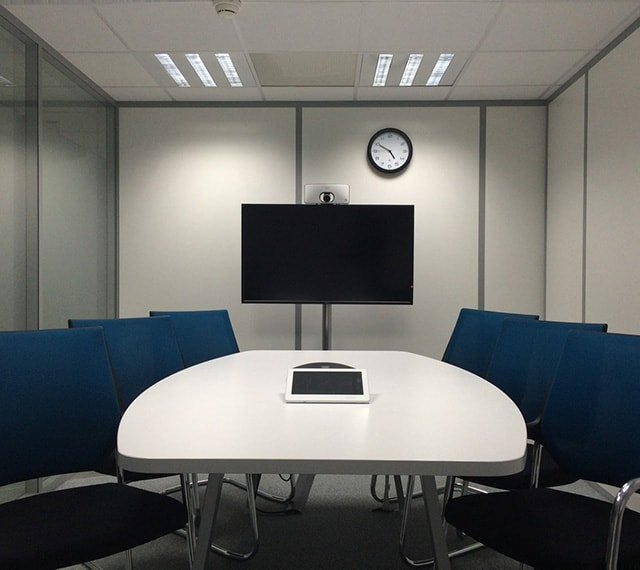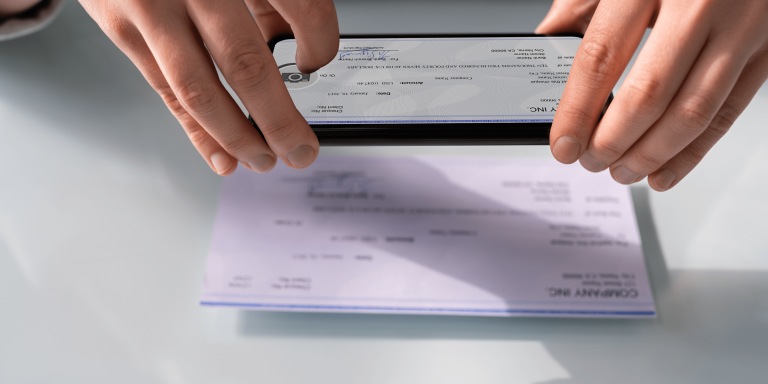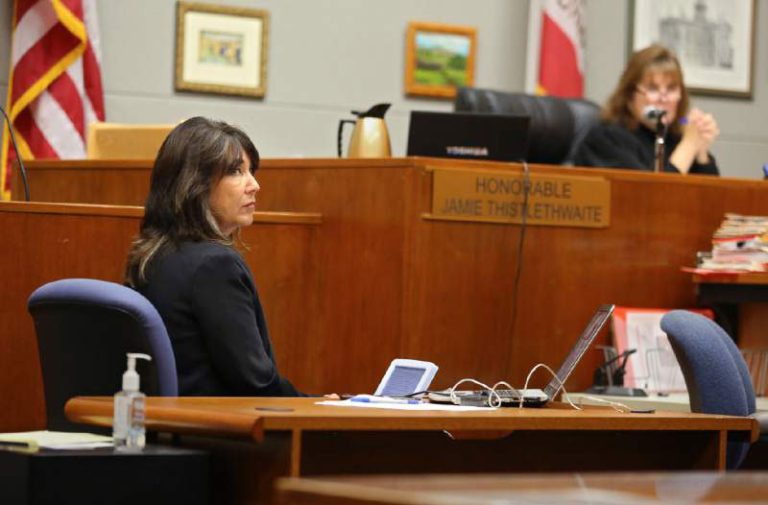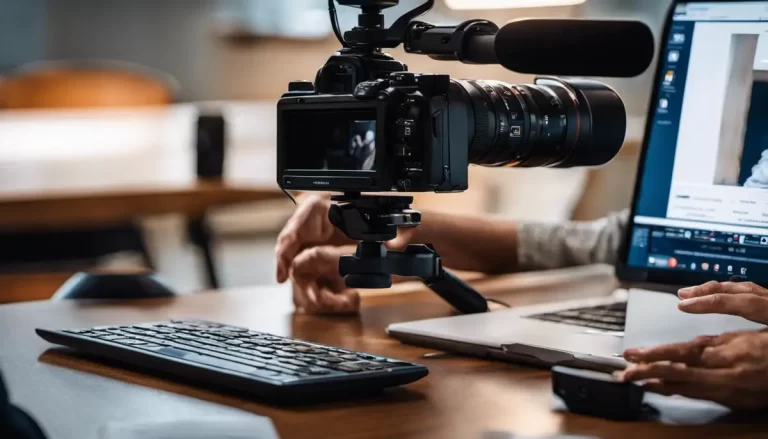Legal proceedings depend on videotaped depositions, which record witness evidence accurately. A videotaped deposition records a witness’s sworn testimony outside of court. This strategy lets attorneys gather evidence and preserve witness statements for court.
Witness evidence is crucial in legal procedures because it provides firsthand perspectives and insights into events. It establishes facts, clarifies details, and contextualizes complex cases. Written transcripts miss nonverbal indicators including body language, facial expressions, and tone of voice that might affect a witness’s credibility.
Benefits of videotaped depositions
a) Improved accuracy and consistency: Videotaping depositions captures every word witnesses say without omissions or errors. This accuracy lets attorneys present a clear case at trial.
b) Elimination of memory bias: Memories fade over time or are impacted by leading questions or subsequent occurrences. Videotaping depositions remove memory bias by capturing witnesses‘ original statements when they were fresh.
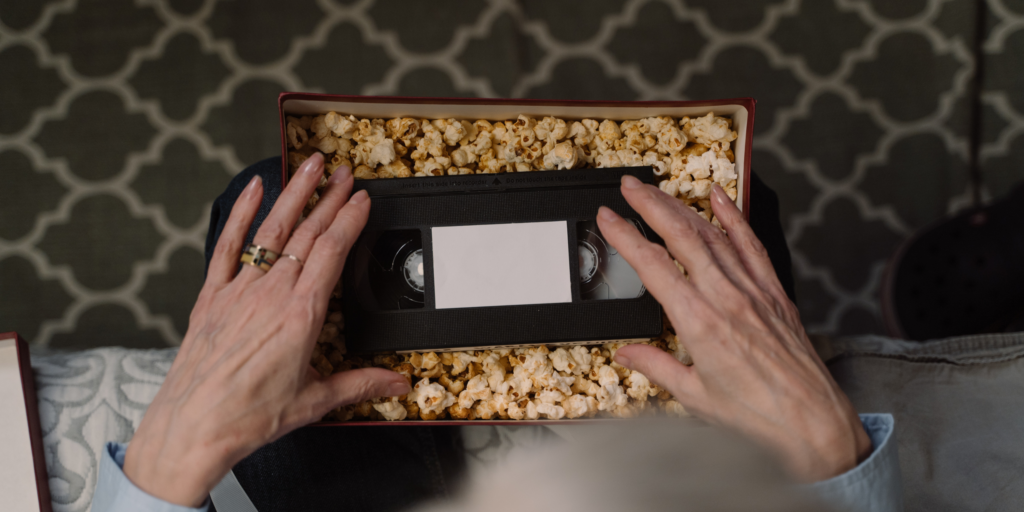
c) Increased credibility: Video recordings offer visual evidence to witness statements, unlike written transcripts. Judges and juries can observe witnesses’ demeanor under questioning and credibility based on nonverbal cues.
d) Better evaluation: Video recordings enable for more thorough reviews than deposition transcripts. Attorneys can evaluate sincerity by examining body language, facial expressions, and hesitations.
e) Videotaped depositions save witnesses time and money by eliminating long-distance travel. Video depositions can be held at a mutually suitable time and place, reducing scheduling problems.
Admissibility of videotaped depositions in court
Courts may admit filmed depositions under different rules. Courts usually approve video recordings provided they meet specific standards. Common criteria include ensuring the deposition occurred under oath, with sufficient notice to all parties, and allowing cross-examination.
Videotaped depositions have been successful evidence in several cases. In a high-profile fraud trial involving numerous defendants, the prosecution relied largely on video-recorded witness testimonies to catch minor nuances that textual transcripts could not.
Cost-effectiveness of videotaped depositions
When compared to regular depositions, filmed ones save clients and law firms money. Traditional depositions require witnesses and attorneys to travel from distant places. Conference room rentals and court reporters‘ transcription fees are also costly.
Videographed depositions eliminate many of these costs because witnesses can testify remotely without travel or lodging expenditures. Video recordings allow attorneys to study material without having it transcribed, saving money.
Best practices for conducting and using videotaped depositions
a) Preparation: Videographed depositions require adequate preparation. Attorneys should extensively analyze case materials and plan which areas to focus on during questioning.
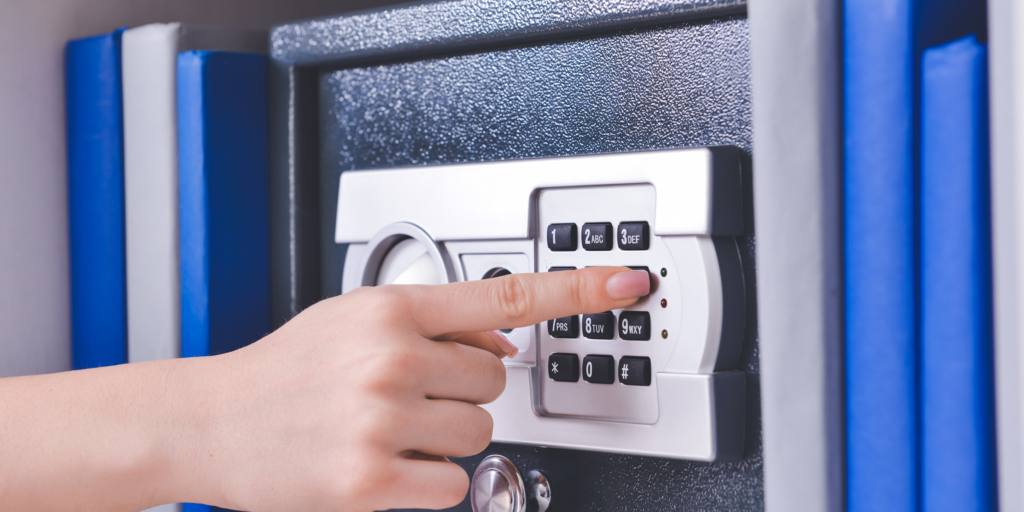
b) Effective witness interviews: Attorneys must be prepared, ask open-ended questions, and actively listen. Making witnesses feel at ease helps them give accurate and detailed information.
b) Court strategy: Attorneys should carefully present video-recorded depositions. They can choose clips to emphasize crucial themes or witness believability. Video footage during cross-examination can further question witness inconsistencies.
Conclusion and future outlook for videotaped depositions
In conclusion, filmed depositions have many advantages over traditional witness evidence. They improve accuracy, minimize memory bias, assess credibility through nonverbal clues, reduce travel and scheduling issues, and save clients and legal firms money.
Technology will certainly shape videotaped depositions in the future. For instance, AI might automatically transcribe movies or pinpoint key periods in long recordings, simplifying the review process.
As legal proceedings progress with technology, attorneys must adjust their techniques. As legal professionals grasp their benefits, videographed depositions will become more common.



